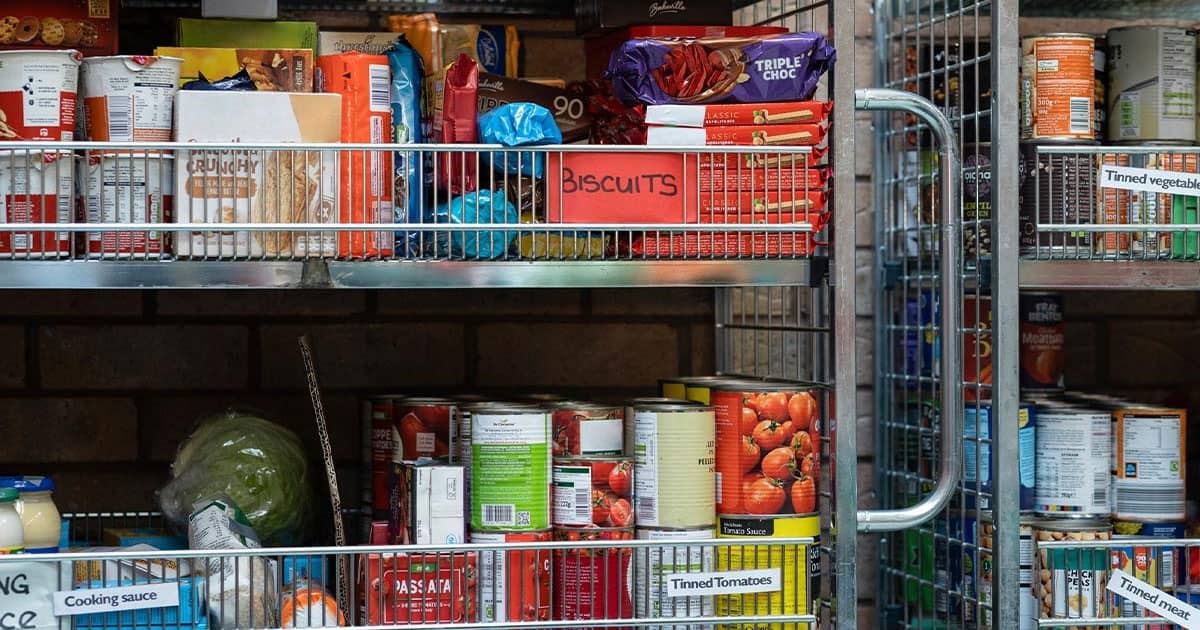The youth unemployment problem
1.1 million 16 to 24 year olds are not currently in education, employment or training (according to the latest Government statistics). That’s the same as the number of people living in Birmingham, the UK’s second largest city.
Youth unemployment is so bad across Europe (it’s over 50% in countries like Greece and Spain) that the EC’s ‘Youth Guarantee’ scheme is working double time to get the under 25s into work within four months of leaving formal education or becoming unemployed.
Youth unemployment affects everyone
If you’re a parent of a 16-24 year old, you probably fully appreciate the challenge of youth unemployment. The chicken and egg dilemma of needing work experience to get a job but needing a job to get work experience is dominating the homes of many frustrated families up and down the country.
Youth unemployment isn’t only affecting families. It’s bad for everyone because it contributes to social unrest and puts an added burden on the social welfare system. It is also a time bomb for economic damage. It could mean that young adults marry, buy a home and begin a family later and then struggle to save for their retirement.
SMEs aren’t absolved of responsibility
As an SME owner, Corporate Social Responsibility (CSR) may not feature on your radar in terms of securing business success, let alone be high on your list of priorities for managing your business. But that doesn’t mean it isn’t there, or that it shouldn’t be.
CSR doesn’t just apply to big corporates and it isn’t only about environmental sustainability. It’s about being responsible for your actions.
A recent Premierline poll revealed that 49% of small business owners don’t feel that they are responsible for helping inspire future generations to become successful in business. We think this needs to change.
How a traineeship could mean you do your bit
In August 2013, the Government launched Traineeships in England to supplement the Apprenticeships programme.
Traineeships are designed to prepare young people for an apprenticeship or employment by developing their personal and vocational skills. They last up to six months, are available for 16 to 24 year olds and they aim to equip young people with the skills and experience employers like you are looking for.
There are a number of business benefits to employing a Trainee. For example, employers can design a traineeship programme which is advantageous for both their business needs and that of the trainee; it also provides an opportunity to bring in fresh young talent and as an added benefit, all training costs are paid for by the government. However, it’s important to point out that at the end of the traineeship businesses are required to give the trainee a job interview, should a position become available, or the company will need to provide them with an exit interview and reference.
Threats to the overall jobs market from the recent cuts in the adult skills budget and declining investment in the public sector are removing work opportunities for the young all the time. It’s the corporate social responsibility of all businesses, large and small, to inspire the next generation to be successful in business. Traineeships are as good a place as any to start.
If you want to find out more about traineeships, visit the National Apprenticeship Service website.
















